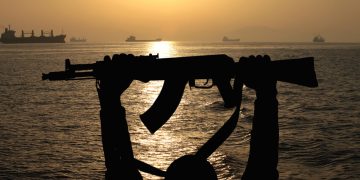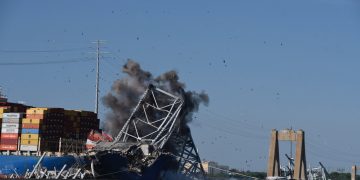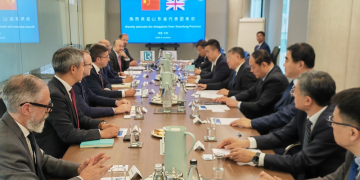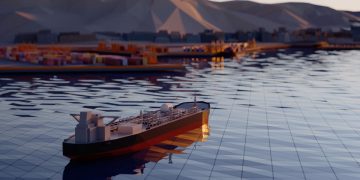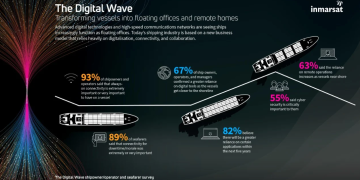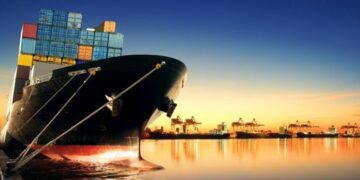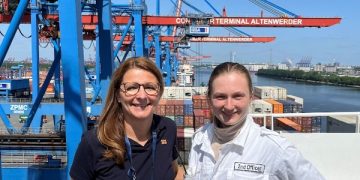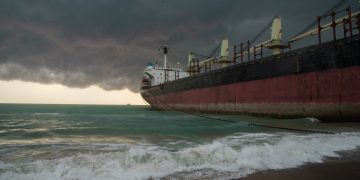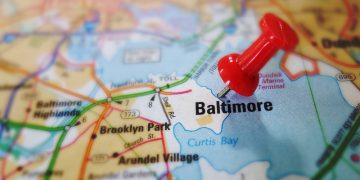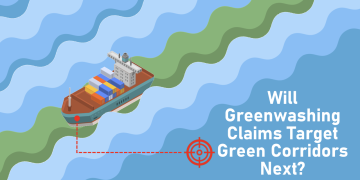US maritime industry leans forward on environmental stewardship
President Obama has taken action to build the foundation for a clean energy economy, tackle the issue of climate change and protect our environment. The maritime industry understands and embraces this thinking not only because it makes sense, but also as it will be essential to future viability of marine transportation. The industry continues to take a leading role in environmental responsibility and the U.S. Maritime Administration (MARAD) is helping them chart the course. With two recently released reports examining storage and bunkering options for Liquid Natural Gas (LNG) and providing vital data on natural gas emissions, US MARAD's Office of Environment and Safety is providing information the industry needs to transition to cleaner burning fuels. And by identifying potential challenges and recommending best practices and new standards, US MARAD is working to streamline the development of a transportation network that supports the integration of natural gas as a marine fuel. Another step forward was taken with approval of a $324.6 million Title XI loan guarantee to TOTE Shipholdings, Inc., a 2014 White House Transportation Champion of Change, to finance construction of two container ships that will use LNG as propulsion fuel. The US MARAD Title XI Loan Guarantee program ...
Read more





